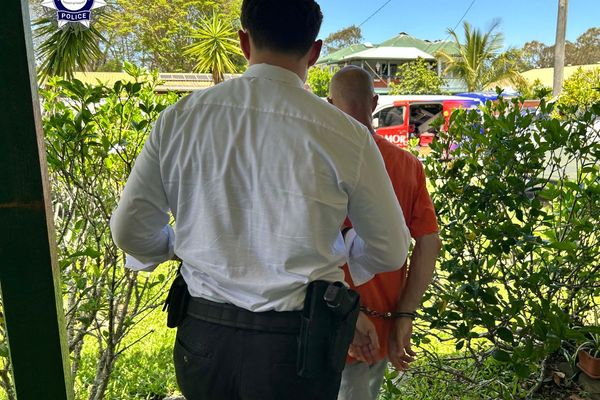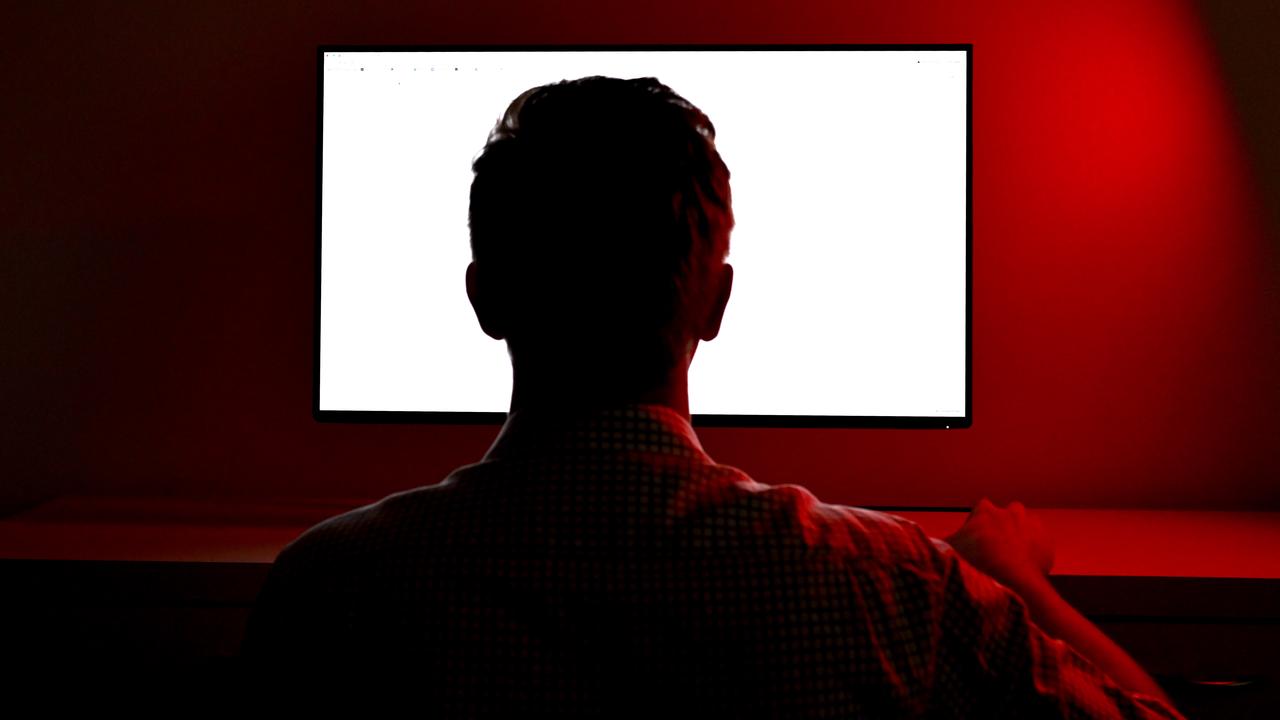
Early encounters with pornography are playing a major role in shaping attitudes to sex, particularly among boys, and often lead to long-term struggles including addiction and relationship breakdowns.
Yet while many want help, stigma and shame stop them reaching out to a professional.
Most boys encounter porn well before their first sexual experience. The median age for initial exposure is just 13.
A 2023 study on young Australians found many discover porn unintentionally through pop-ups, social media or links shared by friends.
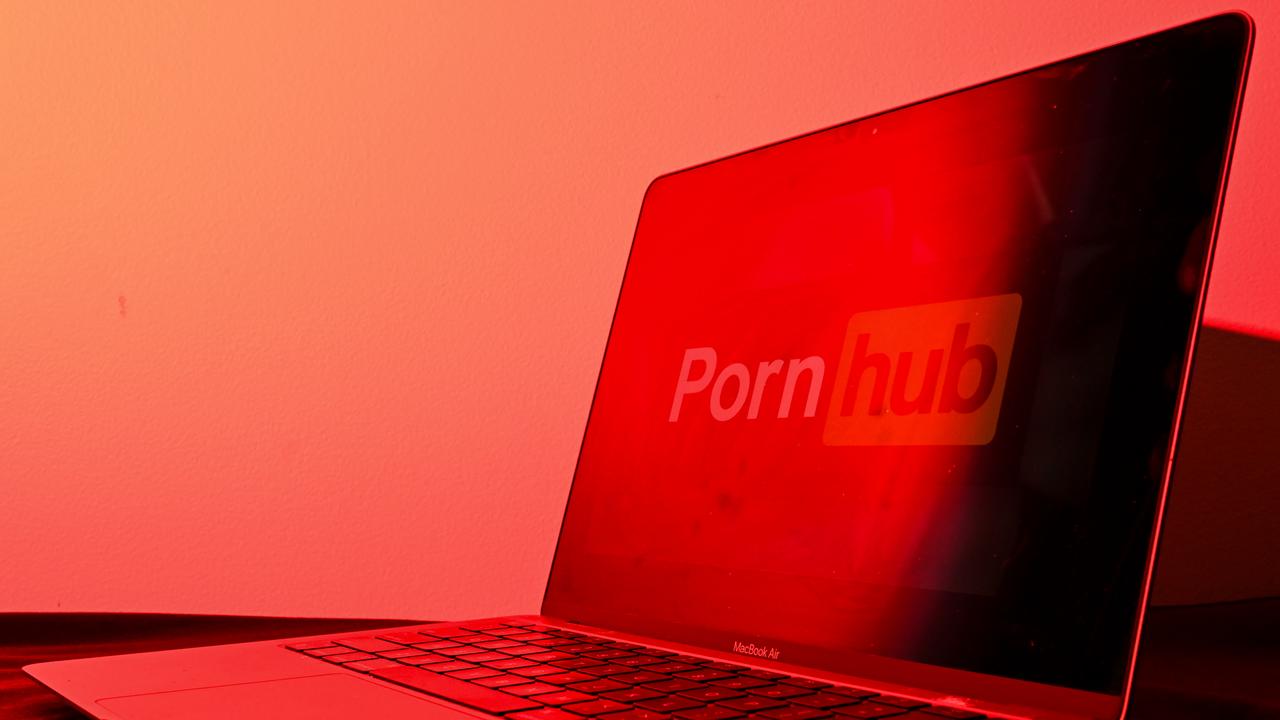
Mental health experts say open conversations are needed about addiction, as stigma can cause many to avoid seeking help.
There is also no official diagnosis for porn addiction or problematic porn use disorder which can make it difficult to track treatment plans and research.
A global study found while up to 37 per cent of people wanted to find help for PPU, only between four and 10 per cent ever did.
Many men have watched porn from a young age and breaking the cycle of dependence can be difficult, according to clinical psychologist Brendon Wright.
The issue is particularly prevalent among 18- to 35-year-olds but about 15 per cent of his clients are over 60.
"A lot ... have been struggling with an addiction for 10-plus years ... the global prevalence of help seeking is quite low," Mr Wright told AAP.
"Using it a couple of times a week without impact on work, relationships or mental health isn't necessarily a problem but when it starts disrupting life or becomes a way to escape, that's when it edges into unhealthy territory."
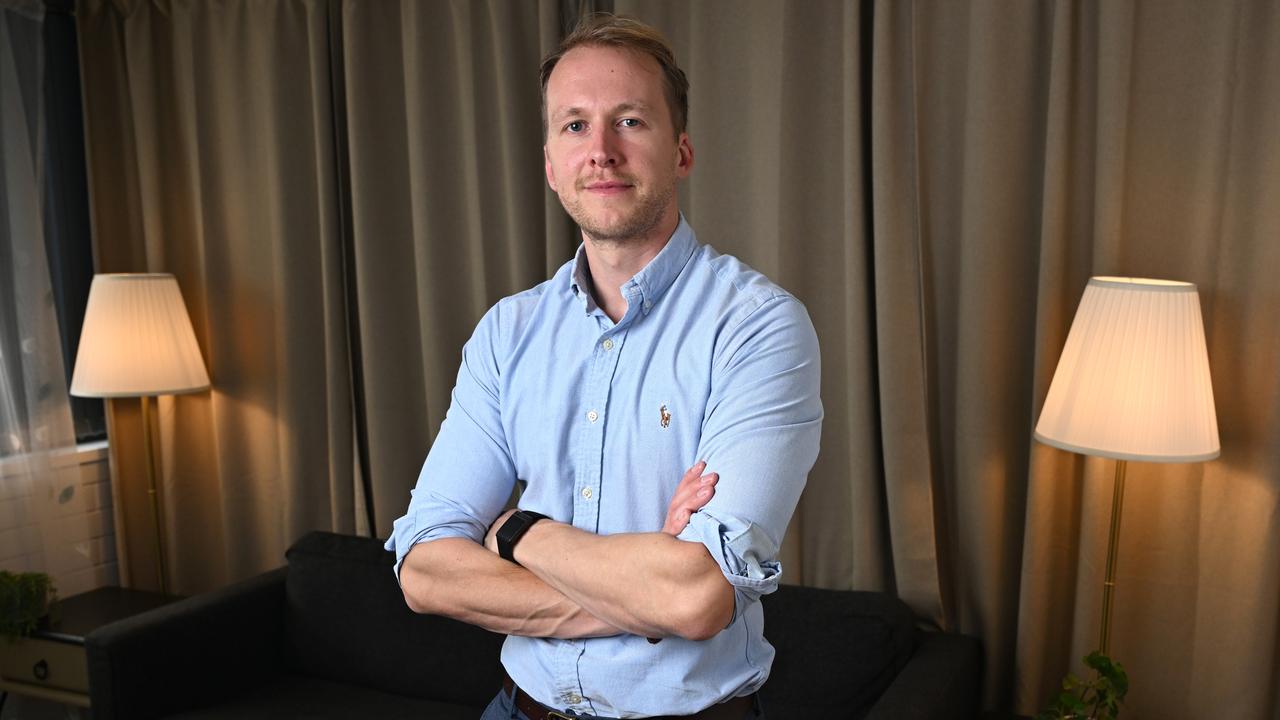
Jason is in his mid-30s and has been struggling with compulsive use of pornography for most of his life. For privacy reasons, he has asked that his full name is not used.
His first exposure was at 11 years old when he found a hidden VHS tape in his older brother's bedroom.
But over time, what began as a curiosity escalated and as Jason moved into adulthood, the pornography he sought became more intense.
He now spends at least one and up to four hours viewing it on four or more days per week.
For over a decade, Jason never sought out formal therapy even though he recognised his behaviour was problematic.
"I've tried to stop on my own for years and I just can't but I don't want to spend the next decade of my life trapped in this cycle," he said.

It was only when his partner caught him secretly watching pornography when he thought she was asleep that he decided to get professional help.
"I've deleted everything, sworn I'd stop and then a week later I'm right back where I started," he said.
"It makes me feel weak, like I've got no control over my own choices.
"I want to be someone my kids can look up to but I feel this clash with my struggle with porn use."
The role of technology and the addictive nature of pornography makes it harder for people to break the habit, Mr Wright said.
"We've basically got access in our pockets at all times," he said.
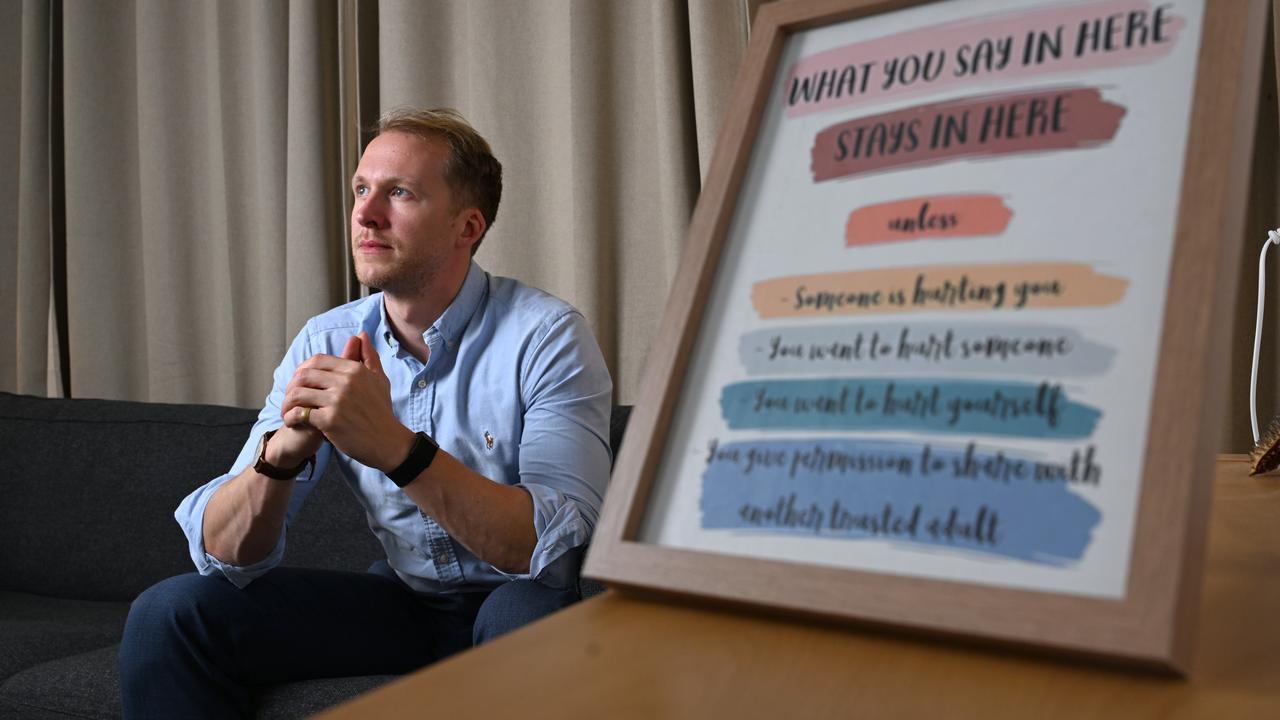
There are effective treatments for PPU but until the conversation is normalised stigma will remain a treatment barrier.
A public health approach of early education, greater awareness and access to youth-focused mental health services was necessary, Mr Wright said.
"Porn addiction isn't just a personal issue; it's a community health issue," he said.
"We need to give young people the tools to understand their emotions, relationships and sexuality in healthier ways."
Lifeline 13 11 14
beyondblue 1300 22 4636
